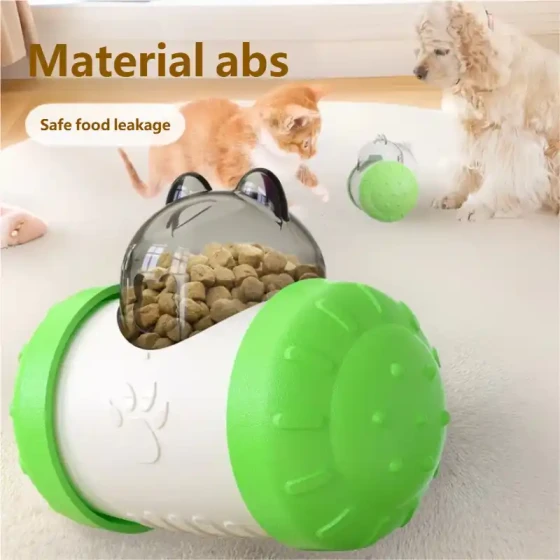The Difference Between Catteries and Pet Shops_The Essential Differences Between Professional Breeding and Commercial Sales
When you want to raise a kitten and are ready to bring this cute little life home, you may face a choice: to visit a cattery or to browse a pet shop? Although both sell kittens, the difference between catteries and pet shops is huge. They not only differ in sales models but also involve the kitten’s origin, health, appearance, and the professional support you as a new cat owner may receive in the future. Simply put, catteries focus more on professional breeding and breed improvement, while pet shops are more like commercial retail platforms. Understanding their essential differences helps you make a wiser choice and find a healthier, more suitable kitten for you.

Cattery: The “Cat University” Focused on Breed, Health, and Pedigree
Imagine a cattery as more like a “university” or research institution focused on specific cat breeds. Its core goal is professional breeding, improving breed characteristics, and ensuring the health and purity of the cats.
They are usually like this:
- Focus on specific breeds: Qualified catteries often specialize in breeding one or several breeds and have in-depth research and understanding of their genetic traits, hereditary disease risks, and temperaments. They carefully select breeding cats, avoid inbreeding, and strive to breed healthy cats that meet breed standards.
- Emphasis on cat health and environment: Professional catteries pay great attention to the living environment of the cats. Cats usually live in clean, spacious areas with sufficient space to move around; their diet, hygiene, and medical care are well managed. Breeders usually take the cats for regular check-ups, vaccinations, and deworming.
- Transparent breeding records and pedigree certificates: Reputable catteries provide pedigree certificates for cats, recording information about the parents, grandparents, etc. This is like the cat’s “ID and family tree.” They also usually provide health certificates and genetic testing reports for the breeding cats, allowing buyers to clearly understand the health background of the kittens.
- Providing professional care guidance: Breeders are usually experienced cat lovers and experts with deep affection and professional knowledge about the breeds they breed. When adopting a cat from a cattery, they provide detailed advice on feeding, care, and training and are happy to offer ongoing support and consultation during the cat’s growth.
- Small scale and personalized: Compared with pet shops, catteries are usually smaller in scale. Breeders have more time and energy to care for each cat and understand their personalities. Communication with breeders is usually more in-depth, allowing you to know more comprehensively about the cat you are about to adopt.
Buying cats from catteries usually costs more than from pet shops, as it includes the huge time and energy investment of the breeders as well as the guarantee of the cats’ health and quality. But this “investment” results in a cat with clear pedigree, more stable health, and professional protection for you.
Pet Shop: The Convenient "Cat Supermarket"
If a cattery is a “university,” then a pet shop is more like a “supermarket” or “mall.” Its main function is retail, providing various pet-related products and services, with cats just being one part of the merchandise.
They are usually like this:
- Diverse cat breeds but complex origins: The breeds in pet shops may be varied, but their origins are relatively complex. Some may come from cooperative catteries, some from large-scale breeding farms, and others from individual small breeders. This means the health status and pedigree information of cats may not be as transparent or guaranteed as in catteries.
- Variable environment and care quality: The environment in pet shops varies greatly; some pet shops are well-managed, and cats live in clean and tidy environments, but others have poor conditions, with cats crowded in small cages, prone to cross-infection of diseases.
- Relatively limited health guarantees: Pet shops usually provide certain health promises or after-sales guarantees, such as being able to return or exchange cats if illness occurs within a few days of purchase. But such guarantees may not be as thorough or long-term as those offered by catteries. For potential hereditary diseases, pet shops may not provide professional support.
- Inconsistent staff professionalism: Sales staff in pet shops may have basic knowledge of cats but usually are not professional breeders and lack in-depth knowledge about specific breeds or cat behavior issues.
- Convenient and quick purchase process: The biggest advantage of pet shops is convenience; you can drop in anytime, pick a cat you like, and take it home quickly, meeting the need for instant ownership.
Buying cats in pet shops may be relatively cheaper, especially for cats with ordinary appearance. However, behind this low price may lie health risks and future uncertainties. If cats come from unreliable sources, the cats you bring home may carry viruses or potential hereditary diseases, which could lead to significant medical expenses later and cause huge emotional distress for the owner.
Revealing the Core Differences Between Catteries and Pet Shops
To more intuitively understand the differences between catteries and pet shops, we can compare them from several key dimensions:
Just like choosing between a school or a supermarket, choosing between a cattery or a pet shop depends on your needs and priorities. If you highly value breed purity, health guarantees, pedigree information, and want professional care guidance, then a cattery is a better choice, although it requires paying a higher price and possibly waiting in line. If you value purchasing convenience and price and do not have high breed requirements and are willing to bear some health risks, then a pet shop might be more suitable for you.
How to Make a Wise Choice?
Whether choosing a cattery or a pet shop, the following points are essential "homework" before buying a kitten:
- Visit in person: If conditions allow, be sure to visit the cattery or pet shop in person to see the living environment of the cats, observe the cats’ mental state, cleanliness, and check for any abnormal secretions. A good environment is the foundation of a cat’s health.
- Learn about the cat’s parents and siblings: If it’s a cattery, ask to see photos, health certificates, and pedigree certificates of the cat’s parents. If it’s a pet shop, try to learn about the cat’s origin and, if possible, see its siblings from the same litter.
- Inquire about health and vaccination status: Understand which vaccines and deworming procedures the cat has undergone and request related certificates. Ask the store about health guarantees and after-sales service.
- Observe the cat’s personality: Interact with the cat to see if it’s lively and friendly. Different personalities fit different family environments, so choosing a cat with a compatible personality is very important.
- Sign a purchase contract: Regardless of where you purchase, it’s advisable to sign a detailed purchase contract clarifying the cat’s information, price, health status, and after-sales terms to protect your rights.
- Beware of “week cats” and backyard catteries: Some unscrupulous sellers may sell sick cats to quickly clear stock; these cats might fall ill about a week later, known as “week cats.” Also beware of so-called catteries with dirty environments, poor cat health conditions, and no breeding records—essentially similar to irregular pet shops or even worse.
Frequently Asked Questions
- Q: Is buying a cat from a cattery always better than from a pet shop?
A: Generally speaking, reputable catteries offer better guarantees regarding cat health, pedigree, and breeding, but this does not mean all pet shop cats are bad. The key is choosing well-regulated stores with good reputations. - Q: Why are cats from catteries so expensive?
A: The cost includes the breeder’s expertise, time and effort, selection costs for breeding cats, cat care costs, medical care expenses, and pedigree certificate fees, all ensuring the quality and health of the cat. - Q: How to distinguish a reputable cattery from a backyard cattery?
A: Reputable catteries usually focus on specific breeds, keep clean and tidy environments, provide health certificates and pedigree certificates for cats and breeding cats, and breeders have in-depth knowledge and willingness to provide care guidance. Backyard catteries usually have mixed breeds, poor environments, incomplete certificates, and non-transparent cat health conditions. - Q: Are cats in pet shops prone to illness?
A: Whether pet shop cats are prone to illness depends on their origin and store management. Cats from unhealthy breeding environments or poorly managed pet shops have higher illness risks. - Q: What should be paid attention to after purchasing a cat?
A: Newly arrived cats need to adapt to their new environment. Provide a quiet and comfortable space with sufficient food and water. Observe the cat’s spirit, appetite, and excretion. It’s best to take the cat to a veterinarian for a check-up as soon as possible after bringing it home.
Conclusion
Choosing to buy a cat from a cattery or a pet shop is like choosing between a custom-made high-end suit and clothing from a fast fashion store, each has advantages and disadvantages. Catteries offer more professional and guaranteed “custom services” focusing on quality and pedigree; pet shops offer more convenient and varied “retail services” focusing on instant ownership. Understanding their essential differences, combined with your budget, needs, and expectations for the cat, you can make the best choice for yourself and welcome a healthy, happy new companion into your family. Remember, no matter where your cat comes from, once it becomes part of your family, you must be responsible for it and provide it with love and care.
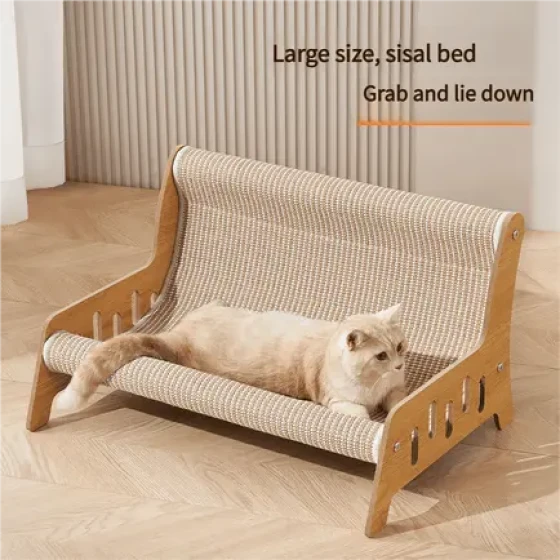
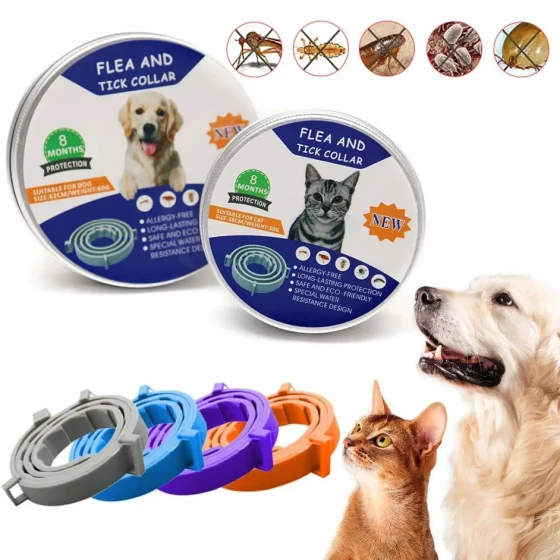
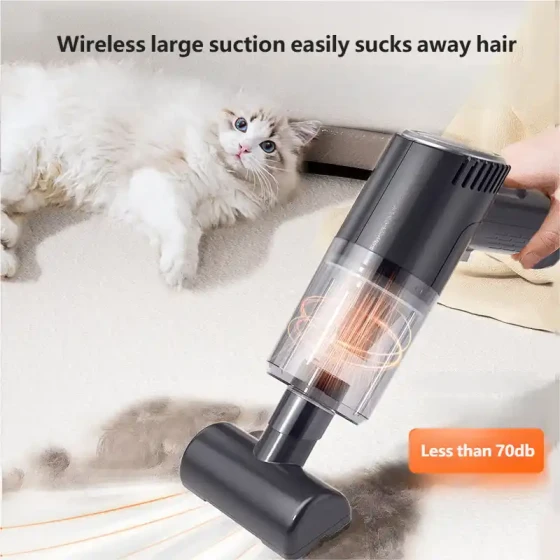
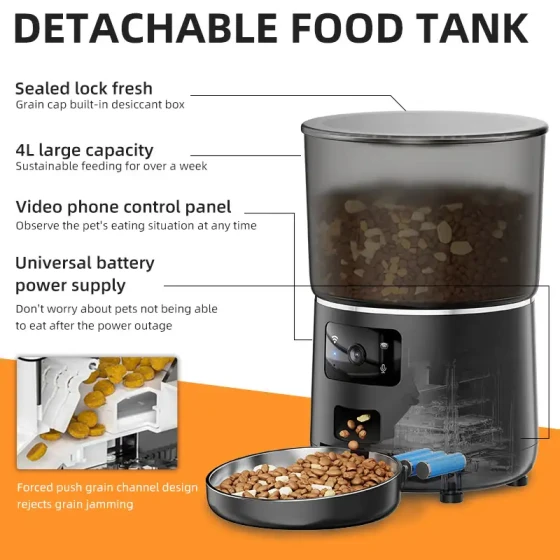
-560x560.webp)
